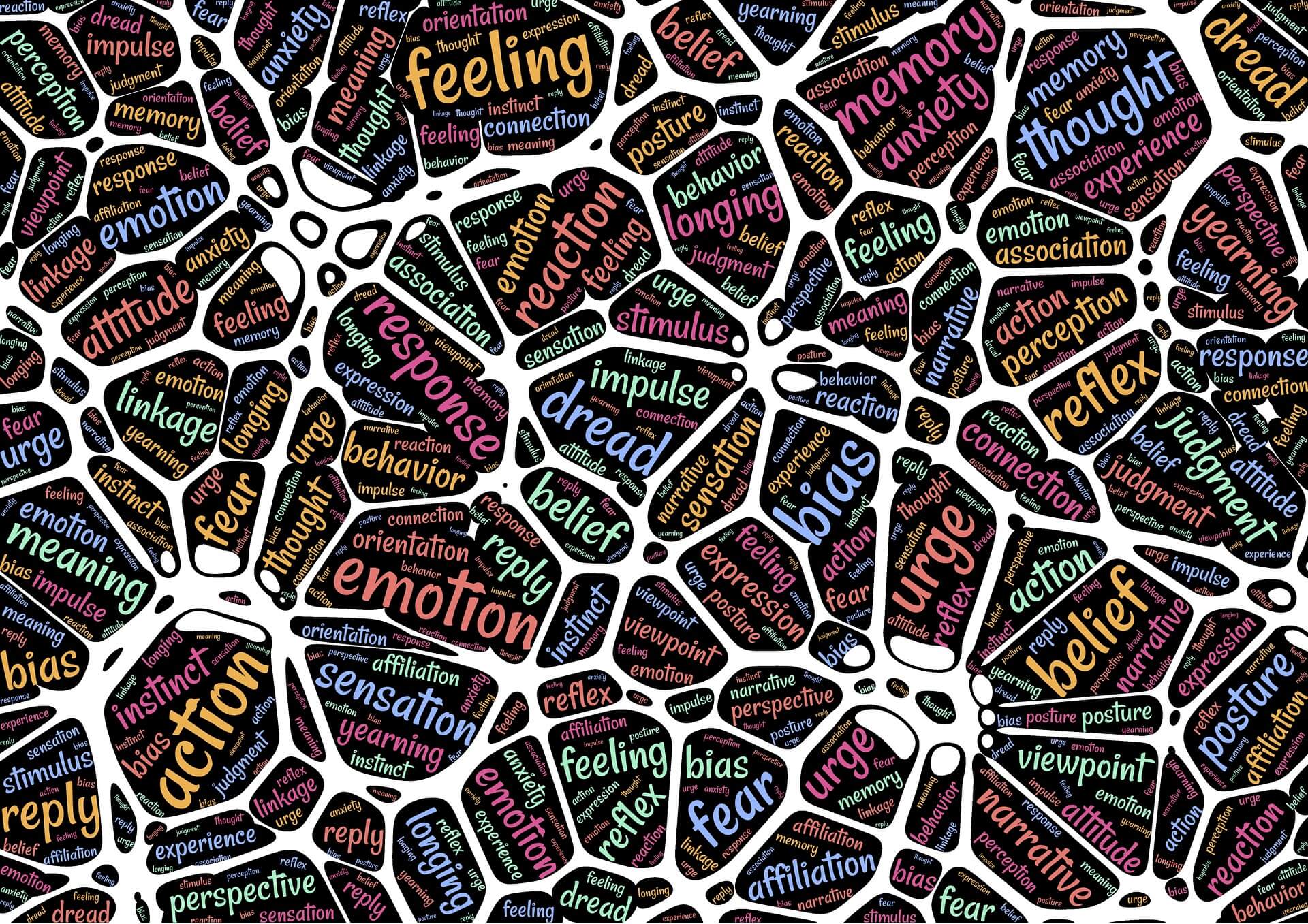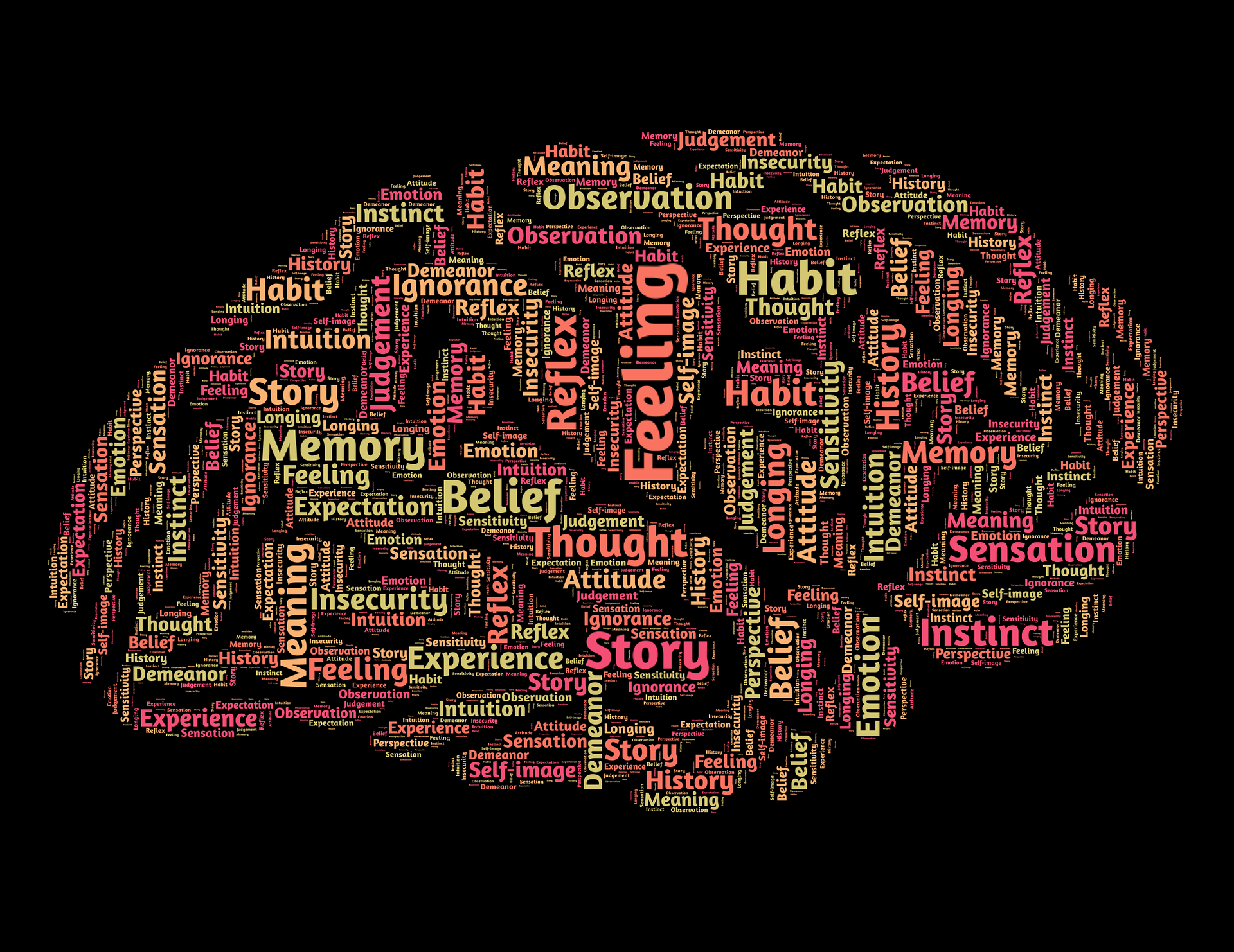Statistics show that more than 50,000 people die every year in the United States due to Traumatic Brain Injury, (or TBI), and that thousands more will unfortunately suffer long-lasting disabilities.
(985) 645-0088

Auto Accidents Account for the Largest Portion of Fatal Brain Injuries
Traumatic Brain Injury (TBI) cases are often difficult to bring through trial because Traumatic Brain Injury itself can be intricate, with a broad spectrum of indications and disabilities.
Traumatic Brain Injury, or TBI, takes place when an unexpected powerful motion, jolt, blow, or other external impact causes a head injury that triggers damage to the brain. Possibly the head injury was the outcome of a motorcycle mishap or other automobile crash. Whatever the reason, the damages can be disastrous or even deadly.
In accordance with the Center for Disease Control and Prevention, the leading causes of TBI in the United States are falls, auto mishaps, and violent acts such as those caused by guns or domestic violence. Falls represent 35.2% of surviving TBI, and motor vehicle related occurrences such as a bike accident injury, or a motor vehicle crash injury, is the leading reason for head injury resulting in TBI-related death. Bicycle, pedestrian, and sports injuries are likewise common sources of TBI in addition to combat head injuries experienced by active service military personnel.
Signs can range from a headache and perhaps some short-term disorientation to irreversible physical and cognitive disability and even coma and death. In most cases, the lasting effects are unknown till numerous months after the accident. In many cases the problems may not even be noticeable to the individual who suffered the head injury however relatives report modifications in mood, memory, character, and habits.
Traumatic Brain Injury Complications
Some traumatic brain injury complications are consistent with other kinds of head injuries; all signs have to be assessed by a physician. The Frank D’Amico Sr. Law office advises mishap victims to receive medical treatment as soon as possible if they experience signs of physical, cognitive, emotional, or sleep pattern changes or other complications including:
– Headaches.
– Repeated nausea and vomiting.
– Dizziness or balance problems.
– Seizures and convulsions.
– Blurred vision.
– Ringing in ears.
– Level of sensitivity to light or sound.
– Dazed or stunned.
– Tingling in extremities.
– Slurred speech.
– Failure to focus.
– Lack of persistence, irritation, nervousness.
– Transformed sleep patterns.
More severe brain injuries can add the possibility of convulsions, seizures, extensive confusion, muscle tremors, constant headache, anxiety, memory issues, loss of coordination, and other symptoms.
Neurological and Imaging Tests Are Needed for TBI Diagnosis
Generally any and all physical functions can be impacted when the brain is injured, and these injuries can be temporary or permanent. The only method to know for sure is to receive a thorough medical assessment from a qualified brain injury expert. Normally speaking, if you have sustained a head injury from a major blow to the head, and are experiencing any differences in how your body functions after the mishap, especially any of the symptoms noted above, you need to be assessed immediately by an MD who focuses on brain injury treatment. We can frequently help you discover the required and preferred providers even if you do not have insurance. Brain injuries can be short-lived or irreversible, so you ought to not take the chance that yours will disappear on its own, sometimes they do, however extremely frequently they do not.

Brain injury can occur in an instant, and can be anything from a mild concussion to extreme TBI. The neurological and imaging tests needed to effectively diagnose the seriousness of the injury are typically pricey.
An individual suffering a brain injury most likely faces continuing medical treatments, rehabilitation, impairment, emotional injury, and more.
You most likely understand the concept that our brain has different regions or lobes, each which control different physical functions. So it most likely is not much of a surprise to discover that a brain injury can affect various individuals in really diverse areas, depending on the reason for the effect, the area (on the head) and the seriousness of the impact. Traumatic Brain Injury can lead to everything from total incapacity (prolonged loss of consciousness or remaining in a coma) to more mild results like small balance or speech problems. All parts of the brain need to be working well in order for the brain to work well. Even allegedly small injuries can have a disastrous impact on how the brain interacts with the remainder of the body, which can seriously affect many essential aspects of your life.
Give Us A Call: (985) 645-0088
Back to: Personal Injury Main
